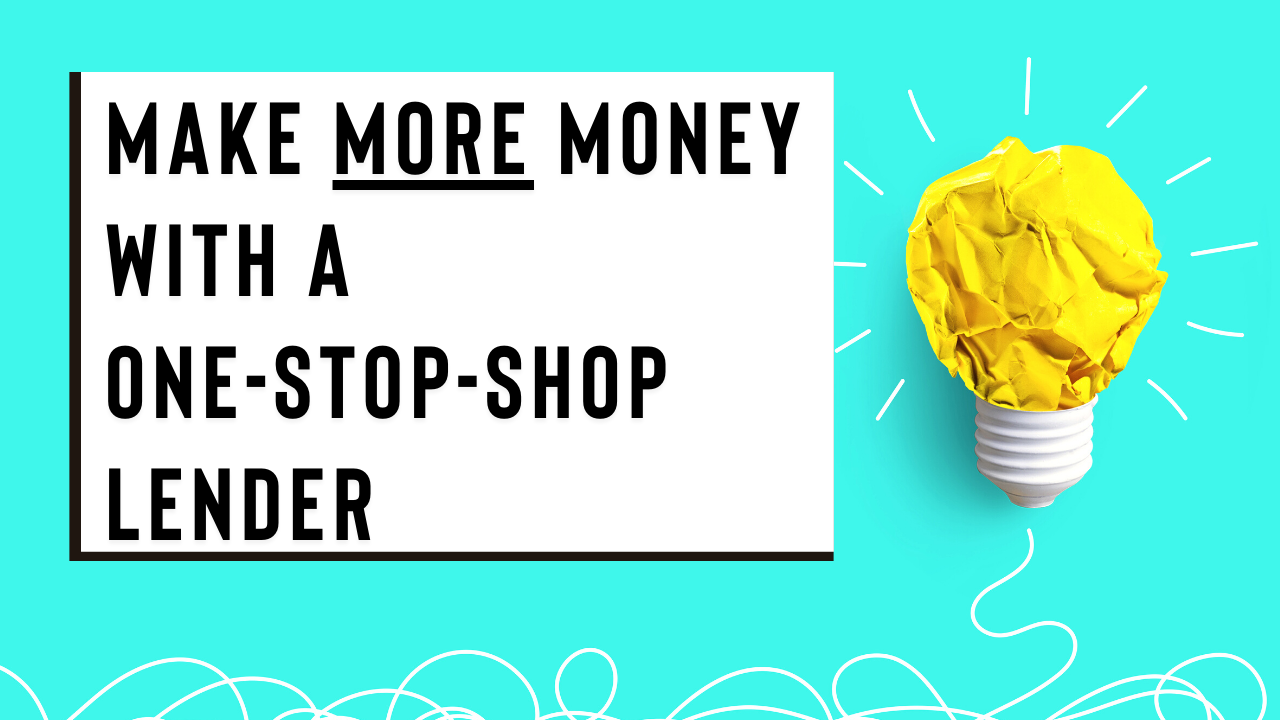What is Leverage Money in Real Estate?
Categories: Blog Posts
Building wealth is all about leverage in real estate investing. But what exactly is leverage money, and how can you use it correctly?
If you look at investing, it’s all about using other people’s money. It’s all about leverage.
Understanding leverage and using it correctly is the key to unlocking the profits of real estate investing.
Why Leverage Matters
Leverage is the term we use for using someone else’s money (typically in the form of loans) to make a profit for yourself.
Frequently, you will also use a small amount of your own money. But leverage—the opportunities you can access with external funds—is what makes real estate investing accessible regardless of your personal wealth.
Additionally, leverage allows investors to enter the market quickly, without needing to wait 5 years to save up for a downpayment.
If you know how to get money from others and use it to strategically turn a profit for yourself, you’ll be able to build income out of nearly nothing.
Different Kinds of Leverage
Leverage comes in many forms:
- Financial gifts
- Loans
- Mortgages
- Liens
- And more!
The most common form of real estate leverage is probably a classic mortgage. However, how you use that mortgage (and what you look for in a property) can make all the difference.
Looking for undervalued properties that owners are looking to sell quickly typically maximizes the ARV (After Repair Value). By getting a mortgage to cover the cost of the purchase price and leveraging those funds, you can fairly easily increase the value of the property and turn a profit on the resale (or rental).
Additionally, if you’re looking to buy a property that’s appraised under the market value, lenders are more likely to cover 100% of the purchase price (and sometimes a large piece of the renovations as well).
How Far Can Leverage Take You?
In the current market, successful investing over the next few years is likely to have a huge payoff.
Many real estate investors are even able to accumulate hefty retirement funds strictly through real estate investing in addition to annual income.
There are so many strategies you can use to build income with leverage:
- Fix and flip (buy, fix, sell)
- Renting (buy, fix, rent)
- House hacking (buy, fix half, rent fixed half, fix other half with income from first half)
Even new investors can make quick progress if they use leverage wisely.
Recently, we had an investor from a smaller community who has already purchased 8 properties this year with little-to-no money down on each. They’ve been refinanced, rented, and are building her income. By the end of the year, she’ll probably have purchased anywhere from 10-15 properties. And she’s accomplished this by using other people’s money.
Of course, some markets are harder to work in and some communities move a little slower.
But if you are committed to the game, and you pursue the best loans, you can build a successful business without emptying your pockets.
It’s all about finding the right leverage and using it wisely.
Read the full article here.
Watch the full video here:









